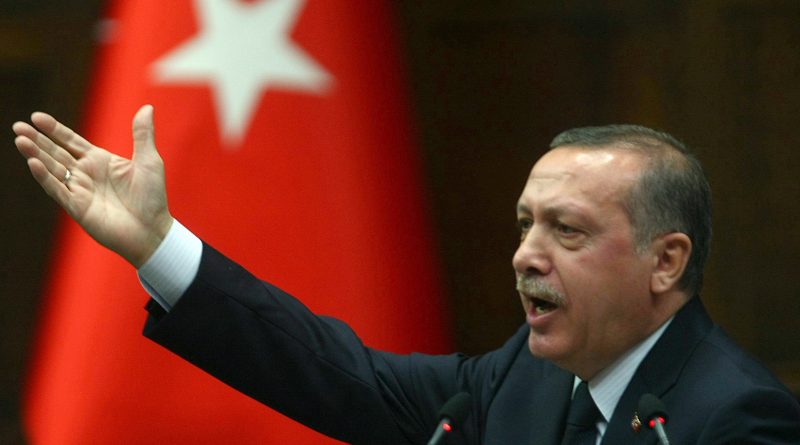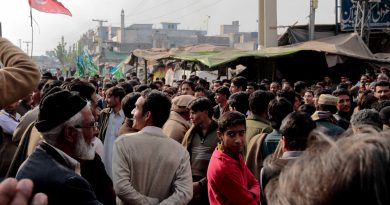Focus on Political Systems: Turkey
By Emily Balan
Layout Editor
The Republic of Turkey has dominated the news recently amid pervasive terrorism and the refugee crisis in the Middle East. The European Union and the Turkish government recently agreed to take back refugees for resettlement in an effort to establish safe, legal channels of migration from the Middle East to Europe.
This negotiation to stem the mass migration could not have been accomplished without an effective political system. Turkey’s government resembles the parliamentary European-style much more than some of its theocratic Middle Eastern neighbors.
Turkey, with a population dominated by Sunni Muslims, provides freedom of religion to its citizens and has built a reputation for secularism in the public sector, unlike many other neighboring Muslim nations, as stated in the U.S. State Department’s website.
For example, the independent judiciary branch called the Constitutional Court can strip public financing of or outright ban political parties that it deems anti-secular or separatist.
It does, however, have a reputation for the suppression of free speech much like its southern neighbors. This is a concern for those who view the most recent election in November with pessimism. President Recep Tayyip Erdoğan has been accused of capitalizing on the confusion from terror and migration to advance his own political party, the right-wing Justice and Development Party (AKP), New Eastern Outlook reports.
The Turkish president declared early elections in November after the regularly scheduled election in June 2015 resulted in a deadlock, which is legal grounds for an early election.
The June election also saw, however, a fall in the AKP’s comfortable majority lead that it has held since coming to power in 2003, the Guardian reports. The AKP gained an almost 10 percent increase in supporters. In a record-high 85 percent voter turnout in the general election in November, the AKP won the majority of delegates in the National Assembly.
While this has the semblance of democracy, critics point to this climate of fear that inhibited participation in the June election. On the other hand, this high voter turnout could be explained by confidence in a much-needed strong majority party in order to effectively address the country’s economic, ethnic, social, and foreign policy challenges.
The AKP is headed Ahmet Davutoğlu, the country’s prime minister since August 2014 and former minister of foreign affairs from 2009 to 2014. President Erdoğan, former prime minister from 2003 to 2014, assumed the 12th presidency in August 2014. The president is elected for a five-year term by direct elections and is largely a ceremonial role while prime minister administers executive decisions.
Turkey’s Grand National Assembly is the primary legislative body of the country and comprises 550 members, who are elected for a fouryear term. Voting is by proportional representation and a party or candidate’s selection is conditional on a 10 percent nation-wide participation minimum.
The unicameral Assembly gained a number of delegates from multiple political parties following the November election, according to the Brookings Institute.
The AKP, the right-wing winning party with 49 percent of total voters, received 317 deputies. The center-left Republican People’s Party (CHP) got 25 percent, or 134 deputies. The pro-Kurdish, left-wing Peoples’ Democratic Party (HDP) received about 11 percent, or 59 deputies. Finally, the far-right Nationalist Movement Party (MHP) got about 12 percent, or 40 deputies. It is unclear why the voter percentages do not match the number of delegates.
The challenge for this government moving forward will be focused on the massive migrant movement in and across its country, as well as fighting the terrorism at its front door, meeting the needs of every ethnic group within its sovereign borders, and bolstering its lagging economy.


